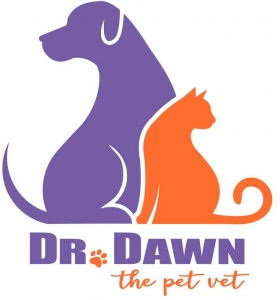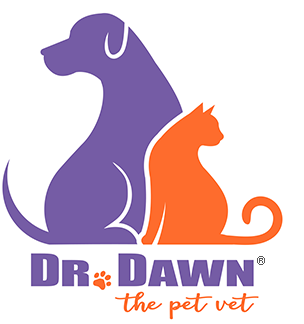Complaints about jerky-related illnesses have been in the headlines recently. The U.S. FDA announced in December that it has received a total of approx. 3000 reporst of pet illness possibly related to the consumption of jerky treats, including 580 deaths. The FDA has issued several warnings about these products imported from China since the first reports of illness in 2007. However, despite ongoing efforts to identify a cause of illness, testing has been inconclusive to determine the exact mechanism of illness. So far, about 60% of the reports involve gastrointestinal illness, some with liver enzyme elevation. About 30% related to kidney or urinary disease or failure, while the remaining 10% involved either convulsions, tremors, hives or skin irritation.
Given that various brands have been implicated since the cases were first reported, the general recommendation is to simply avoid these treats. We caution owners about the potential dangers, and stress that these treats are not needed for a balanced diet. Frankly, why anyone would risk buying these is beyond me.
Which leads to the larger issue at hand. Why are these treats still out there, and what type of regulation is there in the pet food industry? The U.S. Food and Drug Administration (FDA) has released a proposed rule that would establish the first-ever Current Good Manufacturing Practices (cGMP) for the production and storage of pet food.
This would apply to all animal food produced in or imported to the US, including pet food, animal feed and raw materials and ingredients. Farms that manufacture their own aninal feed would be exempt.
Part of the reason why this is so late coming is the cost. To implement these changes throughout the $21 billion U.S. pet food industry, it is estimated to cost $100 million.The smallest manufacturers would have up to 3 years to comply and the largest companies would have one year.
“This system could reduce the number of recalls, reduce the risk of adverse health effects related to contaminated animal food, and reduce the losses of contaminated animal food ingredients and products”, the FDA stated. What the cGMP has proposed would force plant operators to identify and address hazards and, in some cases, prepare an emergency recall plan. Extensive record keeping would be necessary. The rule would fall under the Food Safety Modernization Act, which in 2011 empowered the FDA to take greater action to safeguard food consumed by people and animals.
Interestingly, the FDA has not issued one recall in light of the jerky treat dilemma. Hopefully these new rules will make a difference, and make the pet food industry safer for our pets.
Dr. Dawn
Please share and subscribe here











